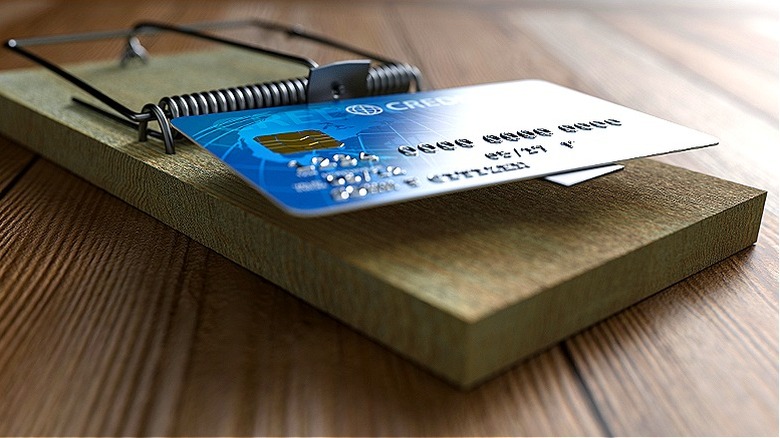Expert: Take These 3 Critical Steps Immediately To Increase Your Financial Security In 2024
To be financially secure, it means you have enough money to live comfortably, meaning you have enough money to pay for expenses, cover emergencies, and save for the future. The 50/30/20 budget rule, which divides a monthly salary into three categories — needs (50%), wants (30%), and savings (20%) — is one way to see if your money can sustain a comfortable lifestyle. While this budget rule isn't realistic for everyone, given how everyone's financial situation is different, it provides a simple test to see if you have enough money to put toward these categories, and if you do, then you're on your way to financial security.
Of course, the ability to live comfortably also depends on where you live in the United States. For example, SmartAsset's 2024 study on this topic found that while someone living in Houston, Texas, could live comfortably on a salary of $75,088, that same person would need to make over $138,000 a year to live comfortably in New York City. That being said, regardless of where you live, there are some concrete steps you can take to increase financial security in 2024. When we spoke with Jason Tartick, bestselling author, finance expert, and podcast host, he said the first step was eliminating bad debt.
1. Eliminate bad debt (quickly)
Jason Tartick says to increase your financial security today, the first step to take is to "... eliminate and accelerate and restructure the payment of bad debt." One way to tell the difference between good and bad debt is to determine if the debt is associated with appreciating assets or not. If it is, like say, your mortgage, then it'll fall into the good category. One type of debt that typically falls into the bad category is credit card debt. According to Tartick, it's this type of debt you should address first if you're hoping to reach financial security in the near future (and on into retirement).
For many Americans today, this step is all too familiar. A 2024 Bankrate survey on credit card debt found that 49% of cardholders were carrying a debt month to month. Carrying a balance is how credit card debt becomes bad debt, as you'll end up paying more for whatever you purchased. Doing so also takes money away (in the form of accrued interest) from your monthly budget, which could always be put to better use.
So, finding a way to more quickly pay this type of debt off is a key first step in improving your financial health. Eliminating bad debt will impact how much money you have each month, as well as positively affect your credit score and credit history going forward.
2. Tend to your savings plan
The next step to increasing financial security in 2024, according to Jason Tartick, is to maximize your savings opportunities. This step is a broad one, as it includes everything from 401(k) plans to IRAs to an emergency savings fund. Said Tartick, "[T]ake full advantage of all pre-tax opportunities to grow your wealth and build an emergency savings plan ... take full advantage of all matches that are currently out there in the world, with your employer-discounted stock, 401(k) options, etc."
With regard to emergency savings, Bankrate's 2024 annual emergency savings report finds that a majority of Americans are on the right track, considering that 55% of those surveyed said they have more emergency savings than credit card debt; Bankrate reports this is the highest percentage in the last six years. What's more, 36% of survey respondents said they were working on paying down their debt and building up their emergency savings funds simultaneously. This said, little over four out of 10 people (44%) said they would be able to cover a $1,000 emergency without needing to borrow money.
3. Create a personal finance scorecard
This brings us to the third step you can take to increase financial security in 2024, according to finance expert Jason Tartick, and that's to create a financial scorecard. As with a budget, a personal finance scorecard will provide you with a clearer picture of where you currently stand as far as your money's concerned. Said Tartick on this illuminating step, "We cannot improve our finances until we know our current scorecard. We can't make changes until we start to patch the holes within our existing situation."
Beyond doing this money assessment in the present to give you a better idea of where you stand today, conducting a review at least once a year is a good habit to develop, too, and the end of the year is an easy way to remember to do so. Scheduling a regular year-end financial scorecard will allow you to include more complete (and comparative year-to-year) figures as far as budget, emergency savings, investments, credit-to -debt ratio, and credit history.
This said, regardless of when or how often you create a scorecard, the benefit of this third step remains the same: It gives you the information you need to be proactive in your pursuit of financial security.



